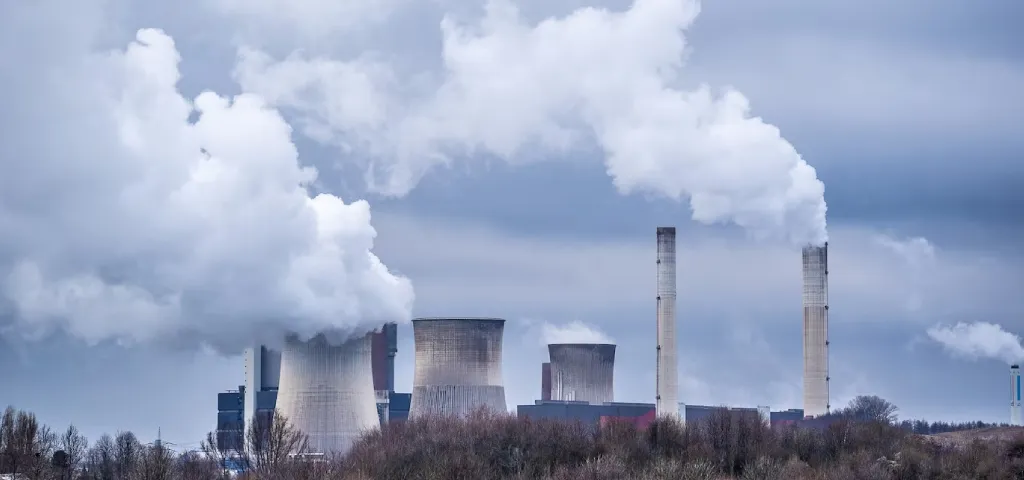Carbon taxes are one of the policy instruments that governments use to reduce greenhouse gas emissions and combat climate change. A carbon tax is a fee imposed on the use of fossil fuels, such as oil, gas, and coal, based on their carbon content and the amount of carbon dioxide they emit when burned. The tax is intended to reflect the social cost of carbon, which is the estimated economic damage caused by each ton of carbon dioxide released into the atmosphere.
The oil and gas industry is one of the major sources and consumers of fossil fuels, and therefore, one of the most affected by carbon taxes. In this post, I will explore how carbon taxes impact the oil and gas industry in terms of production costs, competitiveness, innovation, and investment.
Production costs
A carbon tax increases the production costs of oil and gas by adding an extra charge to the extraction, processing, transportation, and refining of fossil fuels. Depending on the level of the tax and the carbon intensity of the fuel, the cost increase can be significant and affect the profitability and viability of the industry.
Competitiveness
A carbon tax can also affect the competitiveness of the oil and gas industry in the domestic and international markets. A carbon tax can create an uneven playing field for the industry if it is not applied uniformly across countries or regions, or if it is not accompanied by border adjustments or rebates. This can result in carbon leakage, which is the relocation of production or consumption to jurisdictions with lower or no carbon taxes, leading to a loss of market share, jobs, and revenues for the industry.
Innovation
A carbon tax can also have a positive impact on the oil and gas industry by stimulating innovation and technological development. A carbon tax creates an incentive for the industry to invest in research and development of low-carbon or carbon-neutral solutions, such as carbon capture and storage, renewable energy, hydrogen, biofuels, and energy efficiency. These solutions can help the industry reduce its emissions, lower its tax burden, and diversify its portfolio.
Investment
A carbon tax can also influence the investment decisions of the oil and gas industry and its stakeholders. A carbon tax can affect the expected returns and risks of investing in fossil fuel projects, as well as the availability and cost of capital. A carbon tax can also affect the demand and price of oil and gas products, as well as the consumer preferences and behavior. These factors can shape the future outlook and scenarios for the industry and its growth potential.
Conclusion
Carbon taxes are a complex and controversial policy tool that can have significant impacts on the oil and gas industry. The impacts can be positive or negative, depending on the design and implementation of the tax, as well as the response and adaptation of the industry. The oil and gas industry faces many challenges and opportunities in the context of climate change and energy transition, and carbon taxes are one of the factors that can shape its future.






